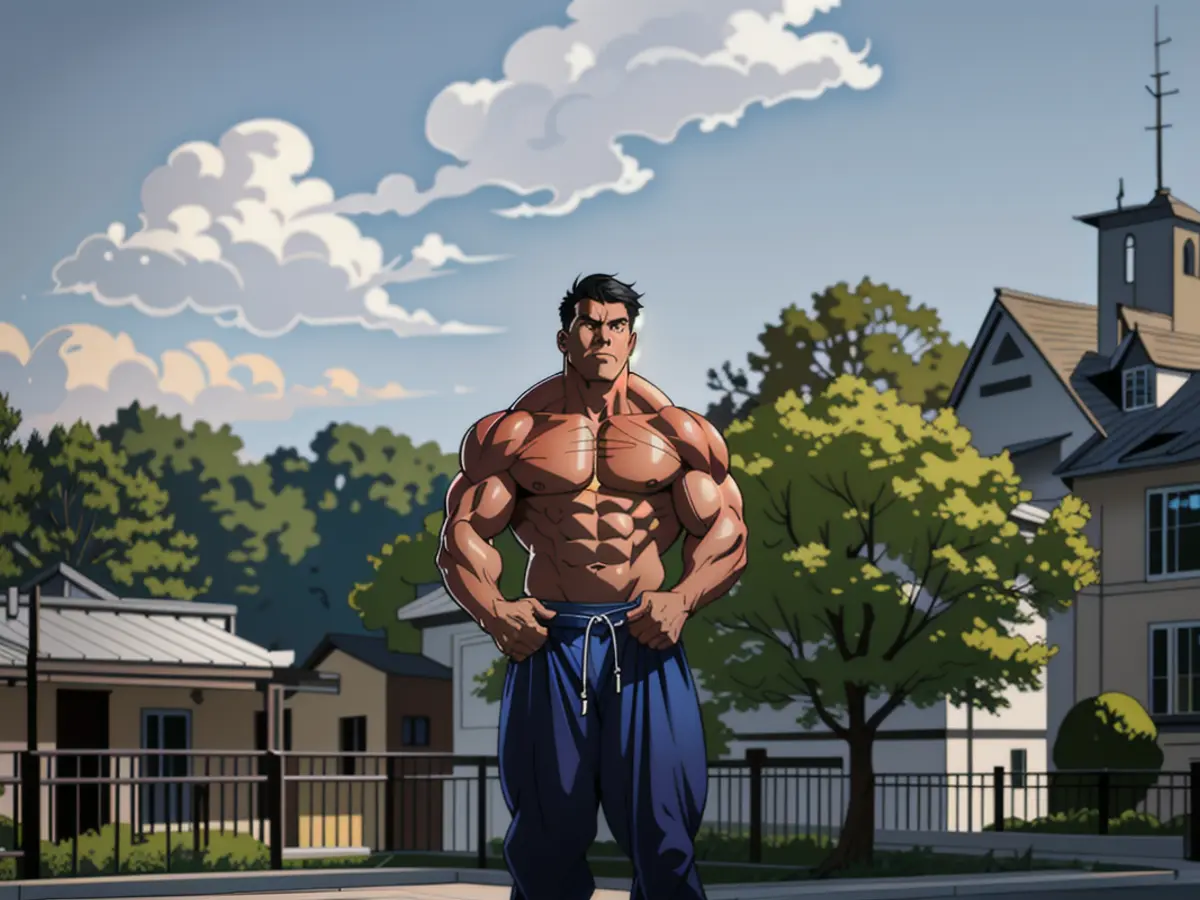#RethinkingChildHealthCare: Addressing Allegations of Harassment in Post-War German Convalescent Homes
Three decades post-WW2, German children's health resorts remain shrouded in controversy. From forced silence to mealtimes harassment, millions of two to twelve-year-olds were sent here without parents, leaving many traumatized upon their return.
The quaint spa town of Bad Salzdetfurth in Lower Saxony hosted the National Congress on Reappraisal of Child Deportation. Organized by the "Verschickungskinder" initiative and "Aufarbeitung und Erforschung Kinderverschickung" association, this annual gathering is ongoing until Sunday.
The grim tale of child victimization in these residences took an alarming turn in 1969 when three tragic deaths occurred within a few months. A three-year-old was brutally beaten to death, a seven-year-old choked on vomit and a girl succumbed to infection, reveals research commissioned by Diakonie. All deaths reflected some degree of negligence.
Post-1950, a mass exodus of healthy children was witnessed, confirms Anja Röhl, founder of the "Verschickungskinder" initiative. Remarkably, this trend reversed, but regrettably, the remnants of cruel treatment lingered until the mid-1990s.
Breaking their silence since 2019, around 10,000 former deportees have come forward, reveals Röhl. Simultaneously, accounts of their ordeals have emerged on online platforms – stories that often include accounts of harassment and abuse.
- Historical Reflection: The historic practice of sending children away for health reasons in post-war Germany has been the subject of renewed scrutiny, with allegations of neglect and physical/emotional mistreatment in some children's convalescent homes making headlines.
- Recent Developments: In a time when medical advancements have transformed the landscape of children's healthcare, the persistent reports of inadequate care and even abuse amongst the deported children have emerged as a significant concern. These accounts have sparked calls for reevaluation of the long-term consequences on these children's mental and social well-being.
- Call for Accountability: Advocates championing a fair re-examination of child deportation argue that acknowledging and addressing the historical trauma inflicted on these children is essential. This includes accountability for those responsible and reparations for the survivors.
(Historical Context and Modern-day Initiatives Enrichment Insights)
Post-War Trauma
- The scars of WW2 remained deep in Germany, compelling authorities to establish convalescent homes for children. The milieu within these homes, marred by trauma and hardship, was far from ideal.
- Amid allegations of abuse, the Corrie ten Boom story stands as a poignant reminder of the broader human suffering that characterized that period. The tale of her resilience during the Holocaust sheds light on the dark times yet underscores the indomitable human spirit.
Modern-day Support
- Organizations such as Jewish Care's Holocaust Survivors' Centre extend support to post-war survivors, preserving the legacy of their experiences.
- Child Protective Services, though imperfect, strives to safeguard children, albeit drawing criticism for their handling of some cases.
- Ongoing research continues to shed light on areas of abuse in diverse contexts, emphasizing the need for robust mechanisms to detect and prevent mistreatment.
- Commemoration events, such as the Auschwitz 80-year liberation anniversary, allow survivors to share their experiences, raising awareness of the atrocities committed.




